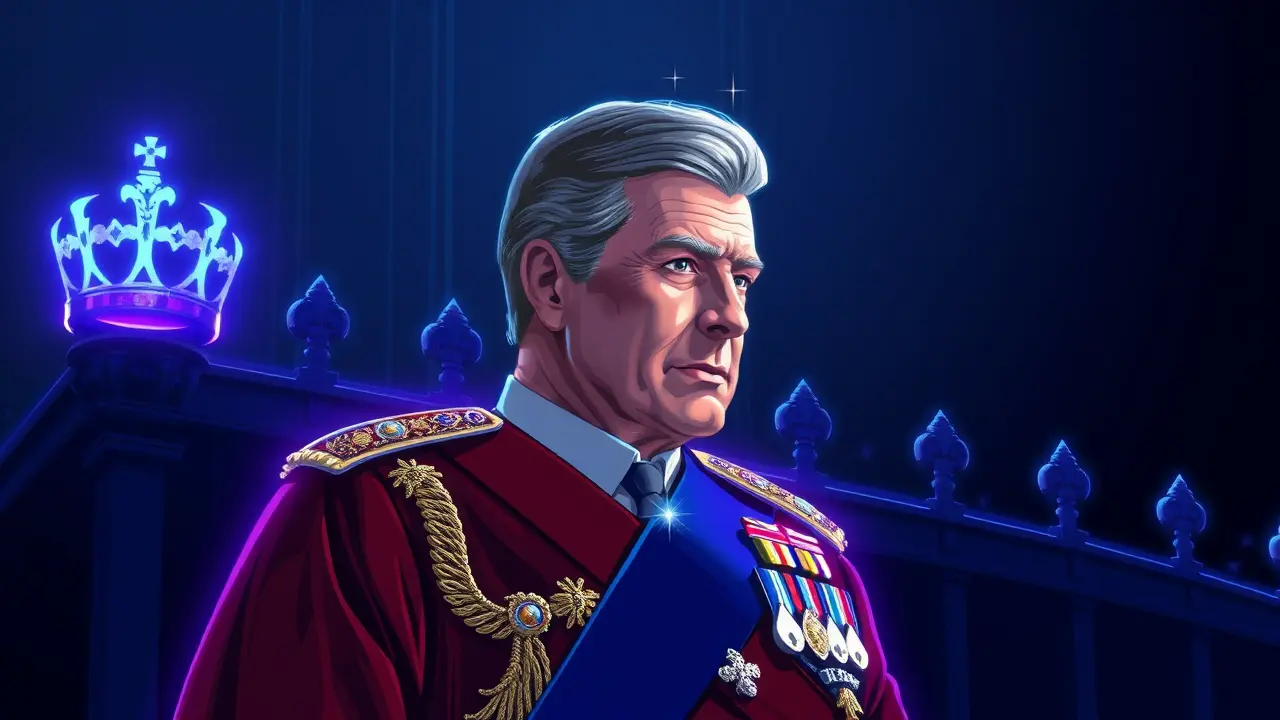Trump Discusses Ukraine War and Weapons with Zelenskyy
In a move laden with the geopolitical gravity reminiscent of a Cold War summit, President Donald Trump engaged in a pivotal discussion with Ukrainian President Volodymyr Zelenskyy, centering on the protracted war in Eastern Europe and the contentious issue of advanced weaponry. The stage was set prior to their meeting, where Trump, in a characteristically direct press briefing, framed the dilemma with the stark pragmatism of a statesman weighing history's judgment.He explicitly noted that the specific missiles sought by Kyiv present a formidable challenge in production, a logistical and industrial reality that inevitably shapes the calculus of military aid. More significantly, he articulated a preference for a diplomatic conclusion to the conflict over the continued funneling of such sophisticated arms, a statement that echoes the historic debates between isolationism and intervention that have defined American foreign policy for a century.This stance is not merely a tactical position but a strategic declaration, one that invites comparison to the agonizing decisions faced by leaders during the Balkan conflicts of the 1990s or even the early, hesitant responses to aggressions in the prelude to larger world wars. Analysts are now dissecting the subtext: is this a genuine push for a negotiated settlement, leveraging the promise and withholding of arms as a bargaining chip, or a calculated pause that risks ceding operational momentum to Russian forces at a critical juncture in the Donbas? The weapons in question, often cited as Army Tactical Missile Systems (ATACMS), represent a capability gap for Ukraine, offering the potential to strike deeper into Russian-occupied territories and command centers, thereby altering the battlefield's geometry.Yet, Trump’s hesitation underscores a broader, more complex equation involving escalation management, the strain on U. S.stockpiles, and the long-term vision for European security architecture. The conversation with Zelenskyy, therefore, transcends a simple bilateral meeting; it is a diplomatic theater where the future of NATO's cohesion, the credibility of Western deterrence, and the very principles of the post-World War II order are being negotiated.The shadow of Churchill looms large here, recalling his warnings about appeasement, yet balanced against the modern reality of a multi-polar world and the specter of a protracted, draining conflict with no clear exit strategy. The consequences of this moment are profound, potentially signaling a shift in U.S. commitment that could embolden Moscow, test the resolve of European allies, and define the security landscape for a generation, all while the people of Ukraine await a decisive turn in their fight for sovereignty.
JA
Jamie Larson123k2 days ago
here we go again with the history lesson comparisons smh just send the stuff already
0
